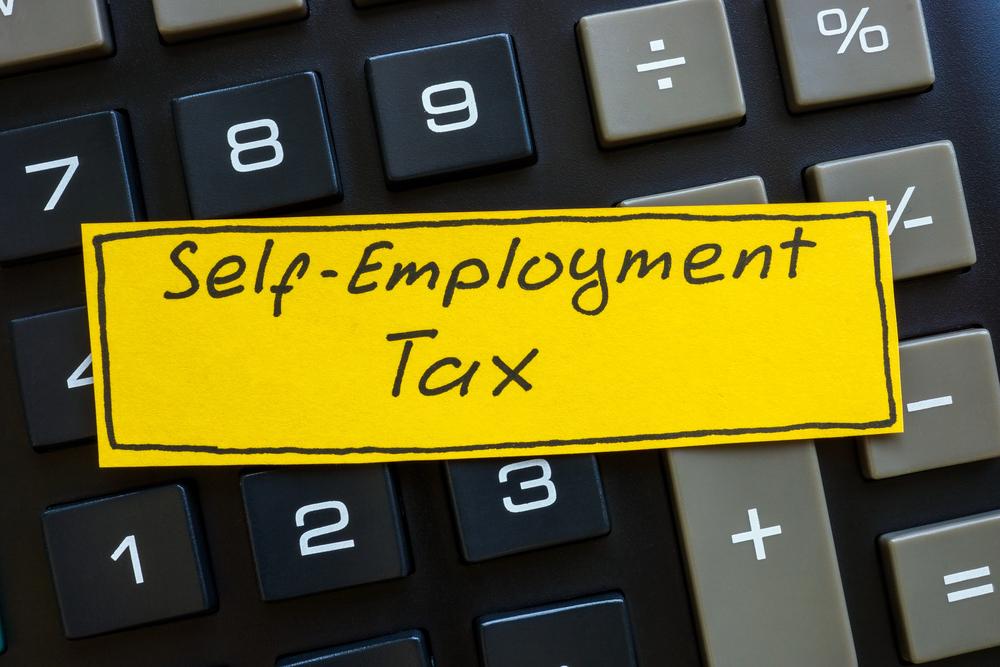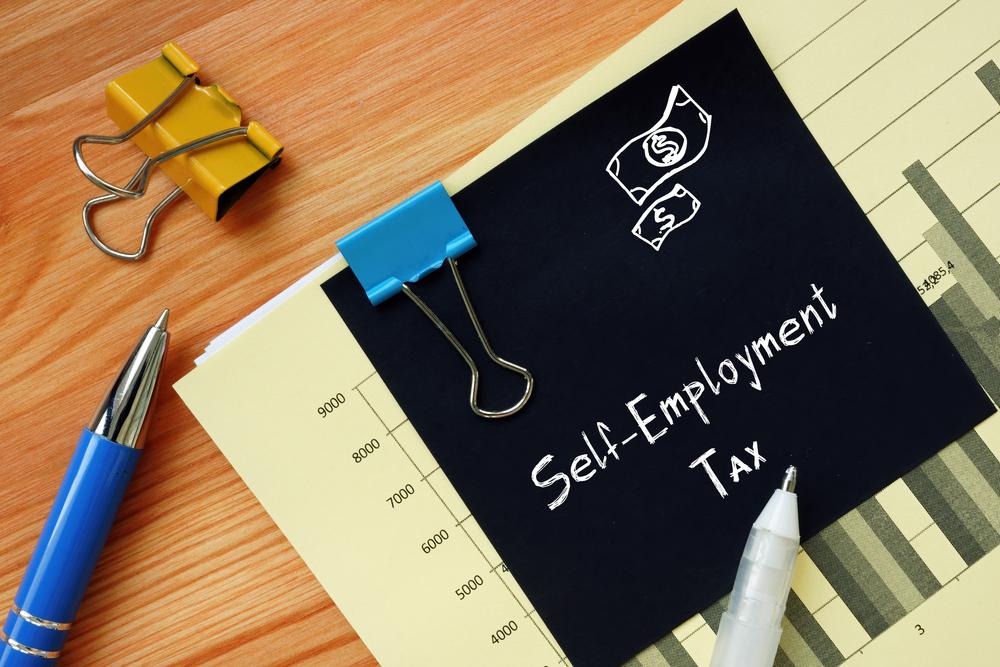Why Is Self-Employment Tax So High? Common Deductions You Might Be Missing
If you’re self-employed, you’ve probably asked yourself, “Why is my self-employment tax so high?” Did you know that most self-employed individuals overpay their taxes by 10%? Unlike traditional employees, self-employed individuals are responsible for both the employer and employee portions of Social Security and Medicare taxes, which adds up to 15.3%. While that number can seem daunting, the good news is that you have opportunities to reduce your taxable income through deductions.
But here’s the catch: many self-employed individuals miss out on common business deductions that could significantly lower their tax bill.
In this guide, we’ll cover:
- Why self-employment tax is high.
- Common tax deductions for the self-employed.
- How much you should set aside for taxes.
- Frequently missed deductions that could save you money.
Why Is Self-Employment Tax So High?
Self-employed individuals pay both the employer and employee share of Social Security and Medicare taxes, which is why the total adds up to 15.3%. This tax covers essential benefits for retirement and medical care, but it can feel like a financial burden when you’re already managing the costs of running a business.
How to reduce your tax burden:
By leveraging business deductions, you can lower your taxable income. Every deduction you claim reduces the portion of your income subject to self-employment taxes, which in turn lowers the amount you owe. So, while you can’t avoid paying Social Security and Medicare taxes, you can reduce the amount that’s taxed.
Common Business Deductions for the Self-Employed
Reducing your taxable income is the best way to lower how much tax you pay as a self-employed individual. Here are some of the most common deductions that many freelancers and independent contractors forget about:
- Home Office Deduction: If you use a portion of your home exclusively for business, you can deduct a portion of your mortgage, rent, utilities, and maintenance. Don’t overlook this valuable deduction!
- Vehicle Expenses: If you use your car for business, you can deduct either the standard mileage rate or your actual vehicle expenses such as gas, maintenance, and insurance. Keeping a mileage log can maximize your deduction.
- Health Insurance Premiums: Self-employed individuals can deduct health insurance premiums for themselves, their spouse, and dependents. This deduction is a huge win for reducing your tax bill.
- Retirement Contributions: Contributing to a retirement plan like a SEP-IRA or Solo 401(k) can reduce your taxable income and help you save for the future. This is a double benefit: lowering your taxes now and securing your retirement.

How Much Should You Set Aside for Taxes?
How Much Should You Set Aside for Taxes?
A general rule of thumb for self-employed individuals is to set aside 25-30% of your income for taxes. This percentage accounts for federal income tax, self-employment tax, and any applicable state and local taxes. Setting aside this percentage ensures you have enough funds to cover your tax obligations at the end of the year or during quarterly estimated tax payments.
Why 25-30%?
Self-employment taxes alone account for 15.3%, and when you add income tax and other state or local taxes, it quickly adds up. By setting aside a portion of every payment you receive, you avoid the stress and financial strain of coming up short when tax time arrives.
Common Tax Deductions You Might Be Missing
Many self-employed individuals miss valuable deductions that could reduce their overall tax liability. Here are a few commonly overlooked deductions that you should be aware of:
- Start-Up Costs: If you’ve recently launched your business, you can deduct up to $5,000 in start-up costs, including legal fees, marketing, and office supplies. Don’t miss this deduction in your first year.
- Continuing Education: If you take courses or attend seminars to improve your skills or advance your career, these expenses are deductible. The IRS allows deductions for educational expenses that help you maintain or improve skills in your current business.
- Phone and Internet Expenses: If you use your phone or internet for business purposes, a portion of these bills can be deducted. Be sure to keep accurate records to prove how much of your phone or internet is for business versus personal use.
The Consequences of Missing Deductions
Did you know that self-employed individuals often miss thousands of dollars in potential deductions every year? Missing deductions doesn’t just mean you pay more in taxes—it can also increase your risk of audits if your records don’t reflect actual business expenses.
Audits: Inaccurate tax filings or overlooking key deductions can increase your chances of getting flagged by the IRS for an audit. Even if you’re not in the wrong, the stress and time associated with an audit can be overwhelming.
Financial impact: Missing out on deductions means giving more money to the IRS than necessary. Deductions like home office expenses or retirement contributions can reduce your taxable income, which ultimately lowers how much you pay in taxes.
Take Control of Your Taxes
Don’t let high self-employment taxes catch you off guard. By understanding the deductions available to you and planning ahead, you can reduce your overall tax burden and keep more of your hard-earned income.
Ready to optimize your tax strategy? Contact TMD Accounting for a free consultation today and see how we can help you maximize your deductions and reduce your tax bill before the next tax season hits. Don’t wait—start saving today!

